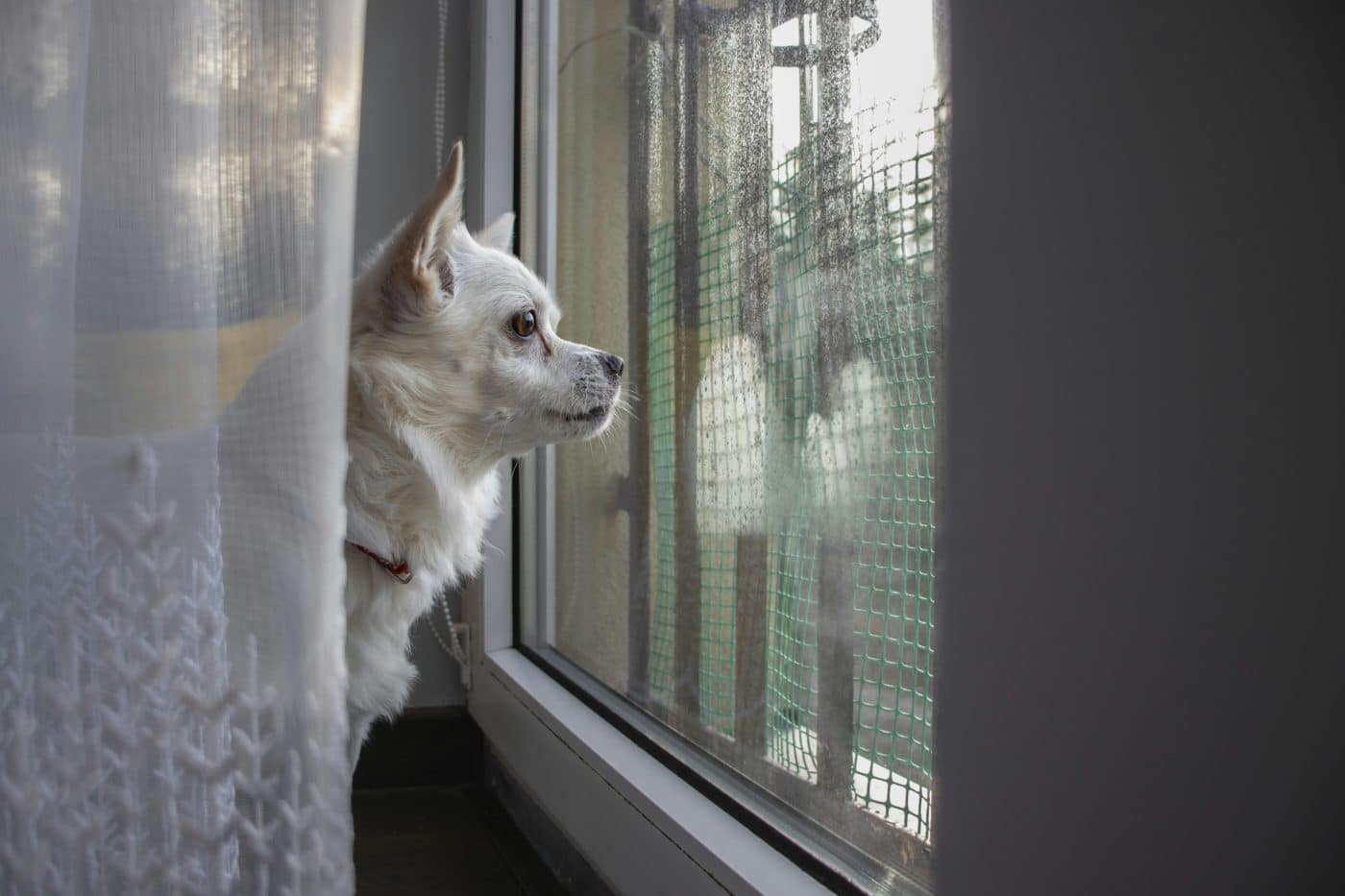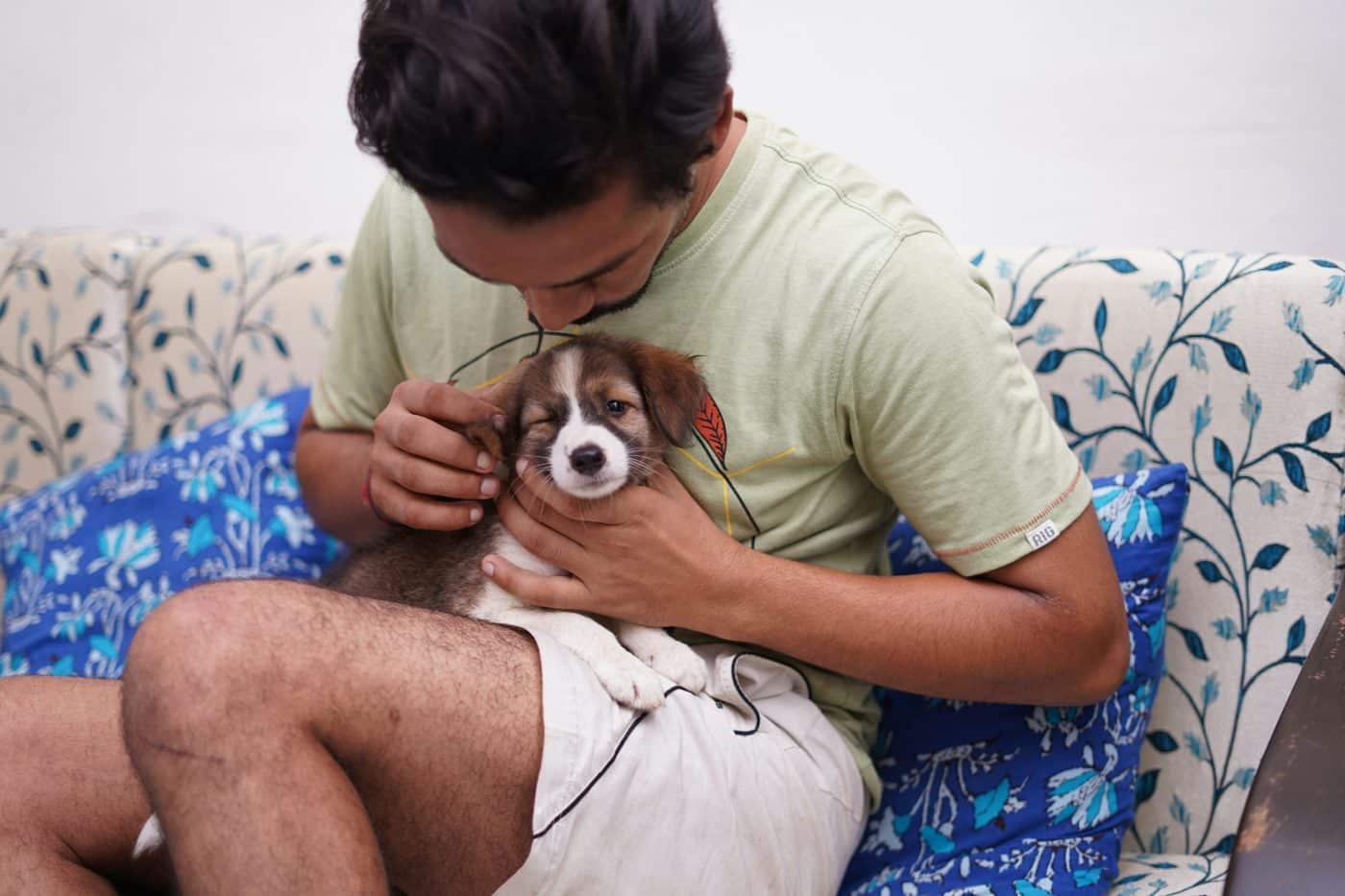 Shutterstock
Shutterstock
When a usually cheerful and predictable companion starts acting differently, it can be both confusing and concerning. Sudden behavior changes often indicate that something isn’t right, ranging from minor discomfort to a more serious issue. There are many possible reasons for these shifts, and understanding them can help in providing the right support. Noticing these signs early ensures a sense of security, comfort, and overall well-being. Paying attention to even the smallest changes can make a big difference in maintaining happiness and a healthy, balanced life.
Feeling Under the Weather
 Shutterstock
Shutterstock
Just like humans, pets can feel unwell without showing obvious signs of illness right away. A sudden change in energy levels, eating habits, or general mood could indicate discomfort or an underlying health issue. Even something as simple as an upset stomach or mild infection might make them seem withdrawn or irritable. If strange behavior persists, a vet visit can help rule out any medical concerns.
Anxiety or Stress Is Taking Over
 Shutterstock
Shutterstock
Unexpected changes in routine, loud noises, or unfamiliar environments can create stress. Anxiety may cause pacing, excessive licking, hiding, or even destructive behavior. If something has changed recently—like a move, a new family member, or a loud thunderstorm—they might just be overwhelmed. Providing a calm, familiar space can help ease their stress and restore their normal behavior.
Hidden Injury or Pain
 Shutterstock
Shutterstock
Not all injuries are obvious, and some pets are good at hiding discomfort. A limp, sensitivity when touched, or reluctance to move could mean there’s an injury you haven’t noticed. Even a small muscle strain or sore paw pad can make them act differently. If they suddenly resist certain activities or seem unusually cautious, a closer look may be needed.
Feeling Lonely or Bored
 Shutterstock
Shutterstock
A lack of mental and physical stimulation can lead to odd behaviors. Without enough exercise or engagement, a pet may start acting out by chewing, barking excessively, or pacing. Changes in sleep patterns or a sudden loss of interest in toys can also be signs of boredom. Adding more playtime or interactive activities can help bring back normal behavior.
A Change in Diet or Eating Habits
 Shutterstock
Shutterstock
Sudden shifts in food type, meal times, or treats can affect digestion and mood. Some pets react negatively to new ingredients, leading to stomach discomfort or unusual behavior. Even missing a meal or eating too quickly can cause temporary distress. Keeping an eye on eating habits and introducing dietary changes gradually can prevent unnecessary tummy troubles.
Fear of Something New
 Shutterstock
Shutterstock
A harmless object in the house may seem terrifying from a different perspective. A new piece of furniture, a strange sound, or even a hat you’ve never worn before might cause nervous reactions. If they suddenly avoid certain rooms or cower at everyday objects, fear could be the cause. Offering reassurance and positive reinforcement can help them adjust.
Sensing a Change in the Household
 Shutterstock
Shutterstock
Pets are incredibly perceptive and can pick up on emotions and changes within the home. If there’s tension, sadness, or excitement in the air, they might react accordingly. New relationships, a family member leaving, or even a change in work schedules can disrupt their sense of stability. Keeping routines consistent and giving them extra reassurance can help ease the transition.
Experiencing Cognitive Changes
 Shutterstock
Shutterstock
As pets age, cognitive function may decline, leading to confusion or altered behavior. Forgetting familiar commands, wandering, or seeming disoriented can be early signs of cognitive decline. Senior pets may also experience disrupted sleep patterns or increased anxiety. Providing mental stimulation and veterinary support can help maintain cognitive health.
Overwhelmed by Too Much Attention
 Shutterstock
Shutterstock
While affection is important, excessive attention can sometimes feel overwhelming. If they start avoiding petting, moving away, or acting frustrated, they might just need a little personal space. Some pets prefer independent moments, and respecting those boundaries can improve trust. A balance of interaction and alone time ensures they feel comfortable and secure.
Reacting to Another Animal Nearby
 Shutterstock
Shutterstock
An unfamiliar scent or the presence of another animal can trigger unusual behavior. Whether it’s a stray outside the window or a new pet in the house, they might act differently in response. Restlessness, barking, or acting territorial could be signs that they’re reacting to a perceived intruder. Gradual introductions and reassurance can help them feel more at ease.
Changes in Sleep Patterns
 Shutterstock
Shutterstock
A sudden shift in sleep habits—like sleeping too much or pacing at night—could indicate discomfort or anxiety. Restlessness at night might be due to an underlying health issue or a change in routine. Loud noises, a new sleeping arrangement, or even diet changes can impact sleep quality. Ensuring a comfortable sleeping environment can help restore normal rest patterns.
Reaction to a Recent Vet Visit or Medication
 Shutterstock
Shutterstock
Some pets feel uneasy after a vet visit, especially if they had vaccinations or a medical procedure. New medications can also cause mild side effects, leading to temporary changes in behavior. They might need time to readjust if they seem off after a check-up. Monitoring for any concerning symptoms and providing comfort can help them settle back into routines.
Adjusting to Seasonal or Weather Changes
 Shutterstock
Shutterstock
Shifts in temperature, humidity, or even daylight hours can affect mood and energy levels. Some pets become more active in cooler weather, while others prefer warmth. Storms, strong winds, or extreme heat may cause discomfort or nervousness. Creating a cozy environment that suits their preferences can help keep them comfortable.
The Mystery Of Strange Behavior Solved
 Shutterstock
Shutterstock
Sometimes, unusual behavior has an obvious cause; other times, it feels like a complete mystery. The good news is that most sudden changes have an explanation, from shifting moods to environmental factors or minor discomfort. Paying close attention to these signals helps maintain well-being and strengthens the connection you share. With patience, care, and understanding, it’s easier to create a comfortable and stress-free life. Even the strangest habits have a reason behind them, and discovering the cause is just part of the journey.
 Toledo, United States.
Toledo, United States.
